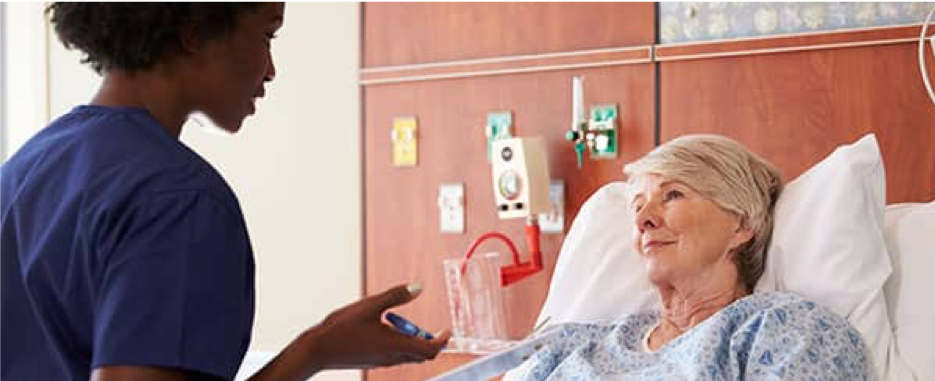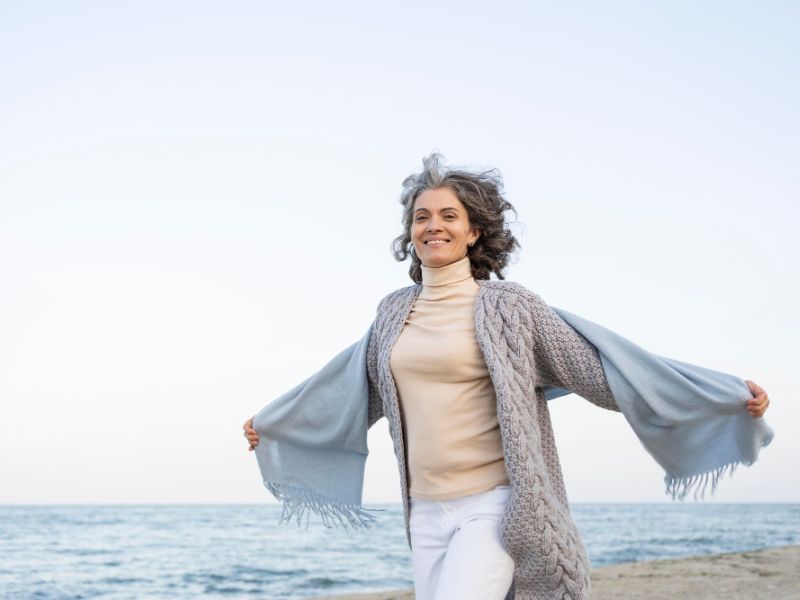Breast cancer continues to be one of the most common and deadly cancers diagnosed in women each year.
It affects the lives of millions yet so many are unaware of the early signs and symptoms that could inevitably save countless lives. Knowing the important facts about this traumatic condition can help you and your loved ones stay vigile while ensuring your long-term breast health. This article serves as a reference for all women that will help educate you on breast cancer and the best preventative measures.
In Most Cases, the Symptoms of Breast Cancer Will Be Imperceptible
In the early onset stages of breast cancer, symptoms will be light or indistinguishable. This makes annual check-ups and mammograms even more important. Make a point to schedule an appointment with your doctor on a regular basis to have your breasts checked, and supplement this with self-breast exams. The following are some of the most common symptoms women should be wary of, and if you experience any of them, consult with your physician:
- Irritation of the skin
- Pain or swelling of the breast
- Redness of the nipple or skin of the breast
- Pain or inward turning of the nipple
- Discharge from the nipple (other than milk)
Annual Mammograms Are Necessary For All Women Age 40 and Older
A mammogram, which is the most well-known testing procedure in diagnosing breast cancer, utilizes an x-ray to analyze internal breast tissue and has the ability to detect and locate breast lumps before they can even be felt. Additionally, it can illuminate even microscopic-sized calcium clusters that may indicate early onset breast cancer or other conditions such as cysts. Most physicians will recommend that women over the age of 40 should be receiving a mammogram every 1-2 years. Younger women under the age of 40 that have direct family members who have been diagnosed are advised to talk to their healthcare provider about the benefits of the x-ray. If a radiologist finds a mass or calcification, this does not mean that cancer is present. In order to verify the diagnosis, the doctor will conduct additional tests such as an ultrasound or MRI. In certain cases, a biopsy will take place to analyze tissue from a concerning area under a microscope.
There Are a Number of Risk Factors For Breast Cancer
- Although there is not a guaranteed method of preventing oneself from ever developing breast cancer during the course of a lifetime, there are a number of attributes that can increase your risk substantially. While some are based solely on an individual’s biological makeup, others relate to lifestyle factors.
- Age: The chance of developing breast cancer has a direct correlation with a woman’s age. As you get older, you are at a much higher risk of being diagnosed. Half of those who are diagnosed with breast cancer are age 63 or older.
- Lifestyle Factors: Certain activities including excess alcohol consumption, tobacco use, and even working for long periods of time and throughout the night may lead to an increased risk of breast cancer.
- Early Menstruation and/or Late Menopause: Women who began menstruating before the age of 12 have a slightly increased risk of breast cancer, likely due to longer exposure to estrogen and progesterone. Similarly, women who began menopause later than normal have an increased risk due to extended hormone exposure.
- Family History: Women whose mother, sisters, aunts, or grandmothers had breast cancer are more likely to develop the cancer.
Changing Your Lifestyle Can Reduce the Risk of Breast Cancer
- Scientists have found several methods that women can take to dramatically reduce the odds that they will ever develop breast cancer. For example, women who become pregnant at least once tend to have a lower rate of breast cancer. Each time a woman becomes pregnant, the risk of breast cancer is cut in half. Likewise, those mothers who choose to breastfeed have also been linked to a lower risk of the disease. Prophylactic ovary removal has also become a common procedure in women who have gone through menopause, reduces the amount of estrogen in the body. This is a serious decision, and should be considered only if absolutely necessary. Maintaining a healthy diet and weight, avoiding smoking, and limiting your alcohol consumption can reduce your risk of developing the disease.
- Make the time to visit your doctor and ask them the hard questions about your risk of cancer, and schedule your annual screening for breast cancer. Especially if you are at an increased risk of breast cancer, being regularly screened for the disease can essential in detecting the disease early and preventing it from spreading. To ensure your long-term health and wellbeing, get checked annually and administer self-breast exams as often as possible.
Further help and support can be found below.
Breast Cancer Now | Breast Cancer UK | Cancer Research UK | Against Breast Cancer UK









